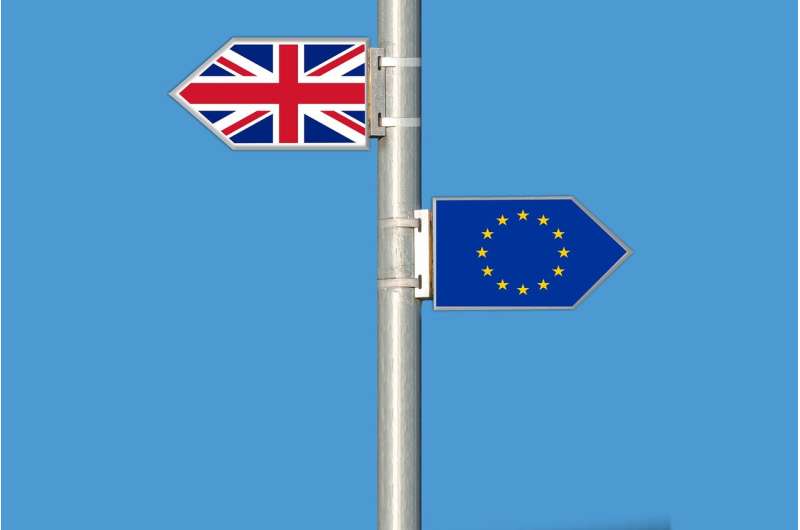Food prices after a hard Brexit could increase by GBP50 per week

A hard Brexit could result in a family of four seeing their food prices increase to up to £50.98 per week researchers at the University of Warwick have found. If we leave with a deal the increase could be as little as £5.80 per week, or £18.17.
A panel of industry experts have estimated the effects of Brexit on different food types and what this would mean for families in the best and worst case scenarios.
Researchers at the University of Warwick then used each expert's estimates, and combined them mathematically to give an estimate for the panel as a whole, their findings have been published In the paper 'Anticipated impacts of Brexit scenarios on UK food prices and implications for policies on poverty and health: a structured expert judgement approach' in the journal BMJ Open.
Importantly, these industry and academic experts have not simply estimated the most likely changes, but also how large and how small those changes can plausibly be. This is important to be able to plan for reasonable worst and best case scenarios.
The experts estimate that Tea, Coffee & cocoa will be least affected by Brexit and that meat, dairy and jams would be most affected.
The most minimally disruptive deal would be one similar to what we had under membership of the EU, this will likely cost a family of four an additional £5.80 per week for a healthy diet, and it could plausibly be as much as £18.17.
Under a hard Brexit, the costs and the uncertainty are much higher: the family of four would likely see an increase of £20.98 per week, but it could be as much as £50.98 per week.
Lead investigator Dr. Martine Barons, from the Department of Statistics at the University of Warwick comments:
"We conducted the research using estimates from ten specialists with expertise in food procurement, retail, agriculture, economics, statistics and household food security. We then combined in proportions used to calculate Consumer Price Index food basket costs, median food price change for Brexit with a Deal is expected to be increased by 6%, and with No-deal it is expected to increase 22%.
"Food security in the UK is a topical issue, according to the Trussell Trust over the last five year food bank use increased 73%, and this could increase for families who are unable to absorb these increased costs. There could also be reductions in diet quality leading to long term health problems."
The study was conducted in July 2018, when a hard Brexit seemed unlikely. Since more is now known about the intentions of all parties and how industries have been preparing for Brexit, the University of Warwick has supported Dr. Martine Barons, with strategic priority funds to update the estimates, and this work is currently in progress.
More information: Martine Jayne Barons et al, Anticipated impacts of Brexit scenarios on UK food prices and implications for policies on poverty and health: a structured expert judgement approach, BMJ Open (2020). DOI: 10.1136/bmjopen-2019-032376
Journal information: BMJ Open
Provided by University of Warwick



















